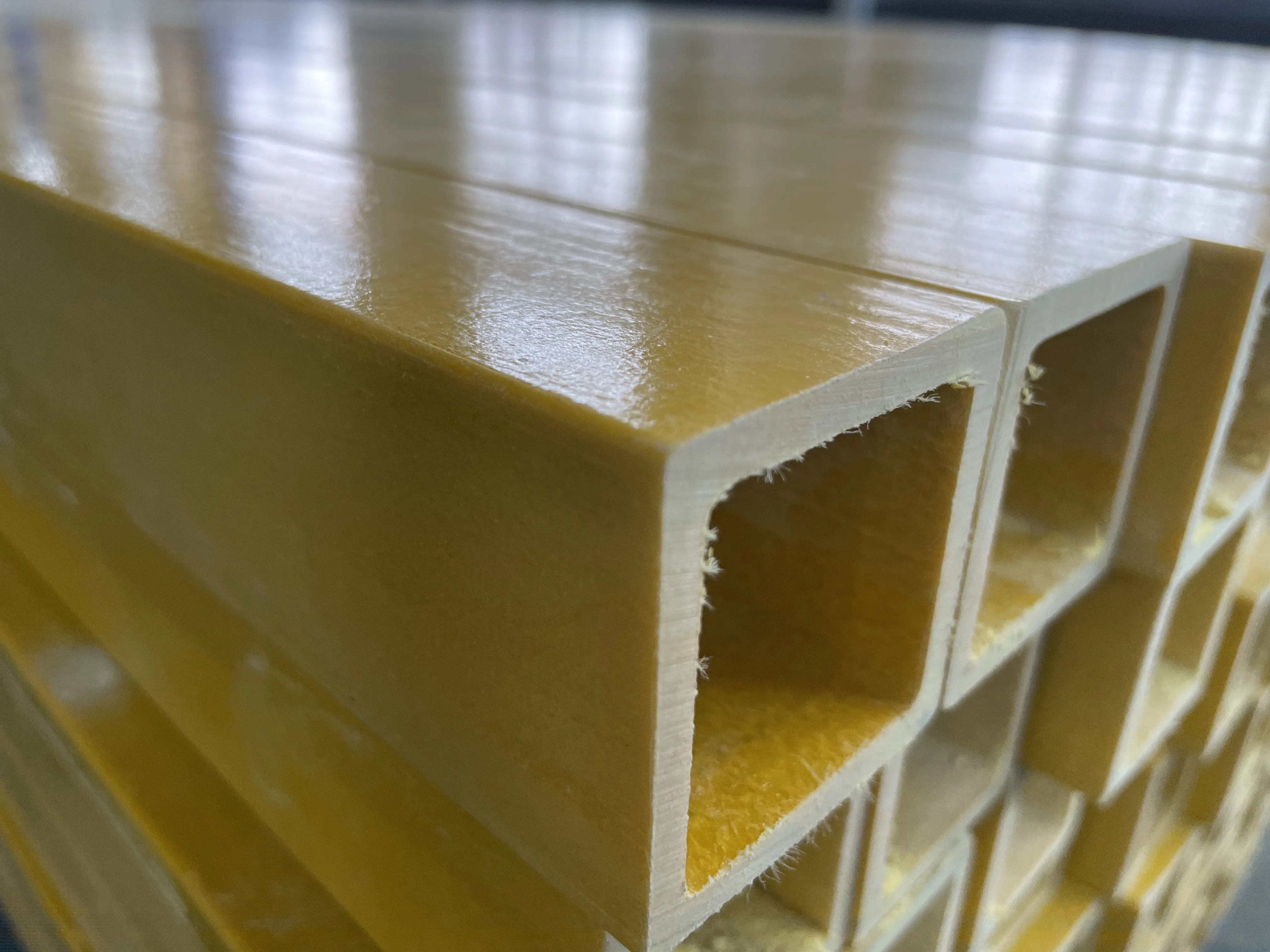loading...
- No. 9, Xingyuan South Street, Dongwaihuan Road, Zaoqiang County, Hengshui, Hebei, China
- admin@zjcomposites.com
- +86 15097380338
- Welcome to visit our website!
Understanding Cartridge Filter Vessel Applications and Benefits for Efficient Liquid Filtration
Understanding Cartridge Filter Vessels A Comprehensive Overview
In the world of industrial filtration, cartridge filter vessels play a crucial role in ensuring that liquids are purified to meet various operational standards. These vessels are designed to accommodate filter cartridges that remove impurities and contaminants from liquids, making them essential in numerous industries, including water treatment, pharmaceuticals, food and beverage, and chemical processing. This article delves into the workings, benefits, and applications of cartridge filter vessels, highlighting their importance in maintaining product quality and operational efficiency.
What is a Cartridge Filter Vessel?
A cartridge filter vessel is a cylindrical container that holds filter cartridges designed to capture solid particles and other impurities present in liquids. These vessels can accommodate multiple cartridges, allowing for high filtration capacities while maintaining a compact footprint. Typically constructed from stainless steel or other corrosion-resistant materials, cartridge filter vessels are available in various sizes and configurations to meet specific filtration needs.
The design of these vessels can vary significantly based on the application requirements. Some may feature single or multiple filter cartridges arranged in parallel or series, depending on the desired flow rate and level of filtration required. Moreover, cartridge filter vessels are equipped with inlet and outlet ports, manways for easy access, and sometimes pressure relief mechanisms to ensure safe and efficient operation.
The Filtration Process
The filtration process in a cartridge filter vessel begins when the liquid enters the vessel through the inlet. As the liquid flows through the filter cartridges, the filter media—often made of pleated polypropylene, fiberglass, or other synthetic materials—traps solid particles and contaminants. The filtered liquid then exits through the outlet, ready for further processing or use.
The efficiency of filtration depends on several factors, including the type of filter media, the pore size of the cartridges, and the flow rate of the liquid. By selecting the appropriate filter cartridges, industries can achieve desired levels of filtration, ensuring that the final product meets stringent quality standards.
Benefits of Cartridge Filter Vessels
1. Efficiency Cartridge filter vessels provide a high surface area for filtration, enabling effective removal of contaminants with minimal pressure loss. This leads to efficient operation and reduced energy costs.
cartridge filter vessel

2. Versatility These vessels can be used for various applications across different industries. Whether it's removing sediment from water or fine particulates from chemical solutions, cartridge filter vessels can be tailored to meet specific needs.
3. Space-Saving Design Compared to other filtration systems, cartridge filter vessels have a relatively compact design. This makes them suitable for facilities with limited space while still providing high filtration capacity.
4. Easy Maintenance Many cartridge filter vessels are designed for easy access, allowing for quick filter changes and maintenance. This reduces downtime and helps maintain consistent operational efficiency.
5. Cost-Effective The use of cartridges is often more economical than other filtration methods, as they can be easily replaced when clogged. This offers a low-cost solution for maintaining quality without significant capital investment in the filtration system.
Applications of Cartridge Filter Vessels
Cartridge filter vessels are utilized in a wide array of applications, including
- Water Treatment Essential for removing sediment, chlorine, and other impurities from drinking water and wastewater. - Pharmaceutical Industry Critical for ensuring that products are free from contaminants, adhering to rigorous regulatory standards. - Food and Beverage Used to maintain the quality and safety of products by filtering out unwanted particles, ensuring compliance with health regulations. - Chemical Processing Designed to remove impurities from various chemical solutions, enhancing product purity and operational fluidity.
Conclusion
In summary, cartridge filter vessels are an indispensable component of modern filtration systems across various industries. They offer a combination of efficiency, versatility, and cost-effectiveness while ensuring that liquids meet necessary quality standards. As industries continue to prioritize purity and safety, the demand for reliable filtration solutions like cartridge filter vessels is only expected to grow. Understanding their functionality and benefits is crucial for anyone involved in the design, operation, or management of industrial filtration systems.
-
Transform Your Spaces with FRP Grating SolutionsNewsNov.04,2024
-
The Versatility and Strength of FRP RodsNewsNov.04,2024
-
The Excellence of Fiberglass Water TanksNewsNov.04,2024
-
The Benefits of FRP Grating for Your ProjectsNewsNov.04,2024
-
Elevate Your Efficiency with FRP Pressure VesselsNewsNov.04,2024
-
Welcome to the World of FRP Pressure VesselsNewsOct.12,2024
-
Unveiling the Future of Filtration: Why FRP Filter Vessels are a Game ChangerNewsOct.12,2024
